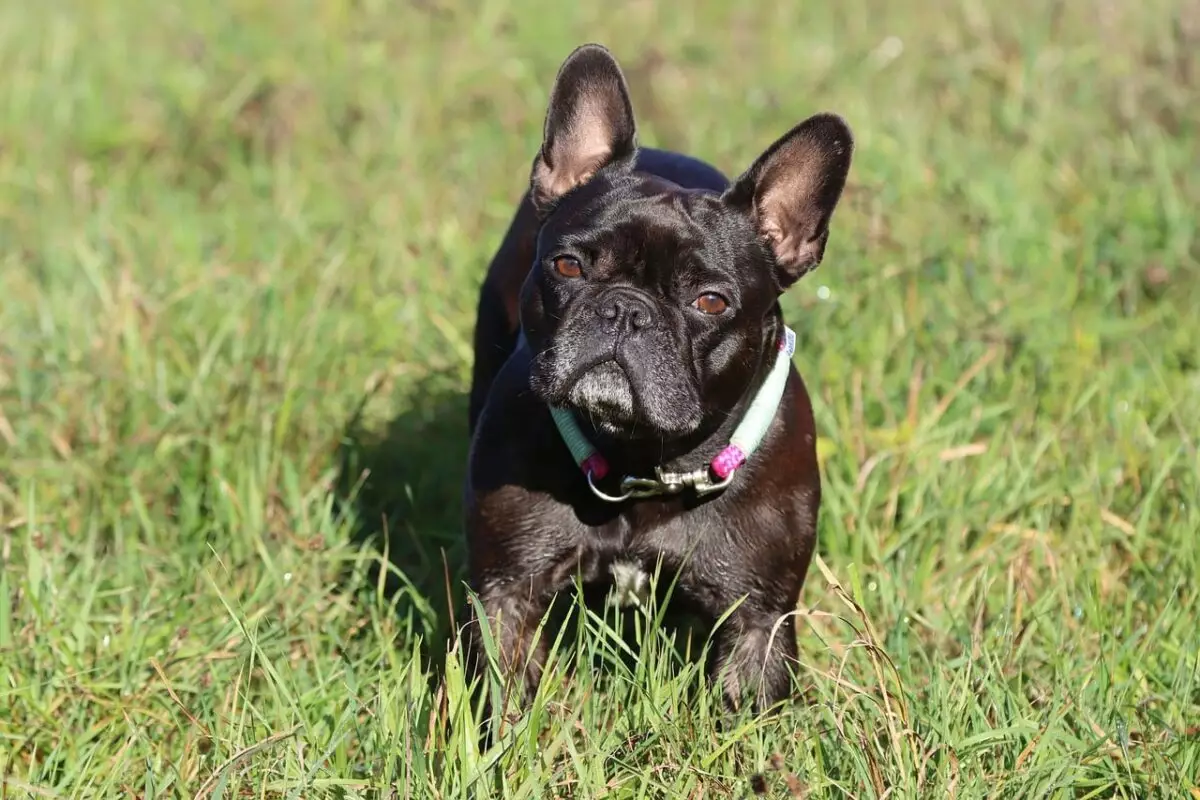French Bulldogs, often affectionately referred to as “Frenchies,” have won over the hearts of dog lovers around the globe with their adorable stature and vivacious personalities. However, beneath the surface of their cuddly appearance lies a wealth of intriguing history and fascinating traits that make them a unique breed deserving of deeper appreciation. This article delves into the lesser-known aspects of French Bulldogs, from their origins to their captivating behaviors, revealing why they are cherished companions.
Despite their name, French Bulldogs have a history that traces back to England. They were originally bred as a smaller version of the Bulldog, primarily to serve as companions for textile workers, particularly lace makers in the Nottingham region. As these workers migrated to France during the Industrial Revolution, they brought their beloved pets along. Over time, the breed adapted and thrived in its new home, eventually earning the moniker “French Bulldog.” This fascinating origin story highlights the breed’s adaptability and the cultural exchange between England and France that contributed to its development.
One of the standout qualities of French Bulldogs is their suitability for urban living. Their low energy levels and compact size make them particularly appealing for people residing in apartments or busy city environments. Unlike many larger breeds that require extensive outdoor time for exercise, Frenchies are content with short walks and indoor play, making them perfect for those with a more sedentary lifestyle. This adaptability does not compromise their playful spirit; they are ready for a game anytime, ensuring that their owners have a constant source of joy and laughter.
While French Bulldogs possess many desirable traits, it’s essential to recognize their limitations. One such limitation is their physical structure, specifically their short legs and compact bodies, which hinder their swimming abilities. Frenchies can quickly tire in water and are at risk of drowning if left unsupervised near pools, lakes, or oceans. Therefore, precautions, such as keeping a life jacket handy for outings near water, are imperative to ensure their safety. Responsible ownership entails being aware of these vulnerabilities and taking proactive measures to mitigate risks.
Widely celebrated for their quirky and comedic personalities, French Bulldogs are often affectionately labeled as “clown dogs.” Their playful demeanor and amusing quirks, such as snorting, rolling, and unexpected micro-explosions of energy, deliver endless entertainment to their humans. Whether they are engaging in playful mischief or performing silly stunts, Frenchies brighten the atmosphere around them, transforming mundane moments into joyous ones. Their charm lies not just in their looks, but in the pure, unfiltered joy they bring into homes.
Beyond their visually expressive faces, French Bulldogs boast a distinctive way of communicating that endears them to their owners. Unlike many dog breeds that communicate solely through barking, Frenchies often express themselves through an array of unique sounds, from snorts to wheezes. This eclectic vocalization allows for a kind of dialogue between pet and owner, fostering a bond that transcends typical canine companionship. Their interactions can feel more human-like, infusing daily life with warmth and connection.
A less obvious, yet significant, aspect of the French Bulldog is their emotional sensitivity. Known for their steadfast loyalty, these dogs are highly attuned to the moods of their human companions. Their strong desire for companionship often means they do not fare well when left alone for extended periods. This emotional awareness allows them to serve well as therapy animals, as they can provide comfort and support to individuals facing emotional challenges. Their ability to empathize with and respond to human feelings further solidifies their status as exceptional companions.
Health issues are a critical consideration for potential owners of French Bulldogs, particularly their susceptibility to heat-related problems. Due to their brachycephalic (flat-faced) structure, they are predisposed to difficulty breathing, particularly in hot weather. It is crucial to monitor their temperature and limit exposure to heat, ensuring they remain in a cool environment during warm months. Responsible ownership means prioritizing their health by being informed about their specific needs and challenges.
Another notable characteristic of French Bulldogs is their generally quiet nature. They do not tend to bark excessively, which can be a major plus for those who prefer a more tranquil home atmosphere. However, when they do bark, it’s often for a good reason, effective at alerting owners to potential intruders or unusual occurrences. This balance of having a watchdog without the incessant noise makes them a prime choice for those who appreciate peace and quiet.
French Bulldogs are not mere companions built from charming aesthetics. Their rich history, adaptability, distinctive personalities, and emotional depth contribute to their status as treasured family members. With ample quirks and strengths, these dogs offer an array of surprises that go beyond their cute, bat-like ears and endearing snorts. For those fortunate enough to share their lives with a Frenchie, it’s a relationship filled with laughter, love, and a deep connection that illuminates the true essence of companionship.

